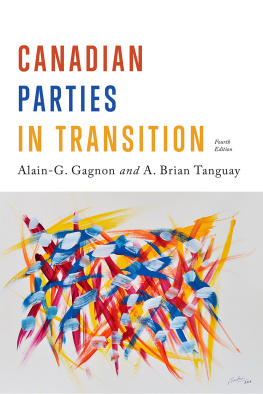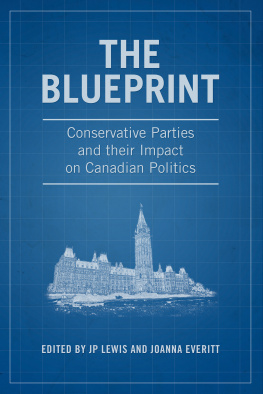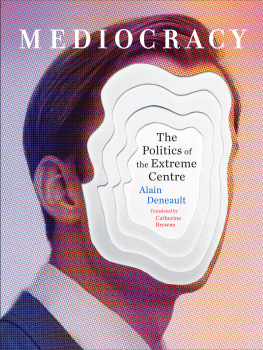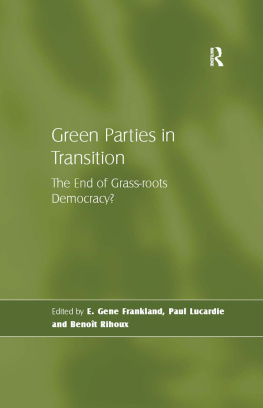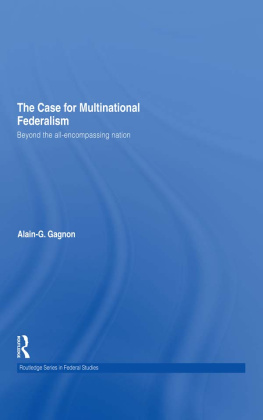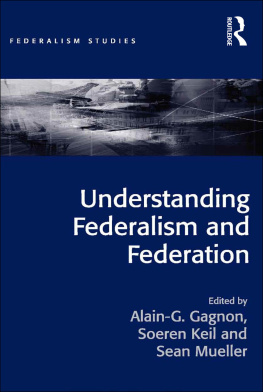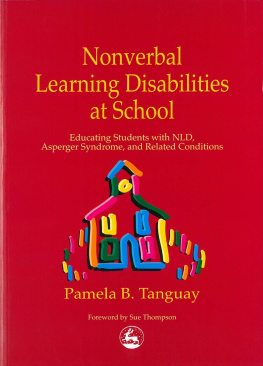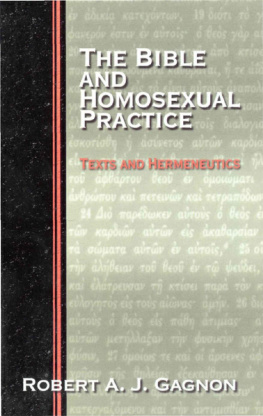Table of Contents
Landmarks
Page List
Copyright University of Toronto Press 2017
Higher Education Division
www.utppublishing.com
All rights reserved. The use of any part of this publication reproduced, transmitted in any form or by any means, electronic, mechanical, photocopying, recording, or otherwise, or stored in a retrieval system, without prior written consent of the publisheror in the case of photocopying, a licence from Access Copyright (Canadian Copyright Licensing Agency), 32056 Wellesley Street West, Toronto, Ontario, M5S 2S3is an infringement of the copyright law.
Library and Archives Canada Cataloguing in Publication
Canadian parties in transition : recent trends and new paths to research / edited by Alain-G. Gagnon and A. Brian Tanguay.Fourth edition.
Includes bibliographical references and index.
Issued in print and electronic formats.
ISBN 978-1-4426-3471-8 (hardback).ISBN 978-1-4426-3470-1 (paperback). ISBN 978-1-4426-3473-2 (pdf).ISBN 978-1-4426-3472-5 (html).
1. Political partiesCanada. 2. Political partiesCanadaHistory. 3. CanadaPolitics and government. 4. Representative government and representationCanada. 5. ElectionsCanada. I. Gagnon, Alain-G. (Alain-Gustave), 1954, editor II. Tanguay, A. Brian (Andrew Brian), 1954, editor.
JL195.C28 2016 324.271 C2016-900507-0 C2016-900508-9
We welcome comments and suggestions regarding any aspect of our publicationsplease feel free to contact us at .
North America
5201 Dufferin Street
North York, Ontario, Canada, M3H 5T8
2250 Military Road
Tonawanda, New York, USA, 14150
ORDERS PHONE : 18005659523
ORDERS FAX : 18002219985
ORDERS E-MAIL :
UK, Ireland, and continental Europe
NBN International
Estover Road, Plymouth, PL6 7PY, UK
ORDERS FAX : 44 (0) 1752 202333
ORDERS PHONE : 44 (0) 1752 202301
ORDERS E-MAIL :
Every effort has been made to contact copyright holders; in the event of an error or omission, please notify the publisher.
This book is printed on paper containing 100% post-consumer fibre.
The University of Toronto Press acknowledges the financial support for its publishing activities of the Government of Canada through the Canada Book Fund.
Printed in Canada
The editors would like to dedicate this fourth edition of Canadian Parties in Transition to Vincent Lemieux and Peter Mair, whose work has influenced so many scholars and students of political parties and party systems.
Canadian Parties in Transition
Recent Trends and New Paths for Research
Fourth Edition
Edited by Alain-G. Gagnon and A. Brian Tanguay

Canadian Parties in Transition
Contents
ALAIN-G. GAGNON AND A. BRIAN TANGUAY
STEVE PATTEN
LISA YOUNG
JAMES BICKERTON
RICHARD JOHNSTON
GRANT AMYOT
NELSON WISEMAN
BROOKE JEFFREY
PETER WOOLSTENCROFT
DAVID MCGRANE
RIC BLANGER
DENNIS PILON
JACQUETTA NEWMAN
ALAIN-G. GAGNON AND FRANOIS BOUCHER
JOANNA EVERITT
A. BRIAN TANGUAY
ALEX MARLAND AND THIERRY GIASSON
RICHARD NADEAU AND FRDRICK BASTIEN
TAMARA A. SMALL
HENRY MILNER
KRISTIN R. GOOD
Preface
The first edition of Canadian Parties in Transition was published over 25 years ago, in 1989, and it is reasonable to ask whether Canadas political parties and party system(s) could have been in transition for this entire period. The short answer is yesunequivocallyas the chapters in this fourth edition of the book will demonstrate. It might well be that the federal election of 19 October 2015 restored the partisan status quo ante, with a dominant Liberal Party, the Conservative Party (whatever epithet it uses to label itself) as the principal opposition, and the NDP trailing the other two as a potential third option. But perhaps the existing party system is not exactly the same as the old one(s), with the partisan allegiances of Quebecs voters still up for grabs, the question of possibly significant electoral reform on the agenda at the federal level for the first time in decades, and the ongoing impact of new communications and campaign technologies on power relations both within party organizations and among the parties themselves. The contributions to the fourth edition of Canadian Parties in Transition help shed light on the possible futures of this countrys political parties and party system.
The chapters are organized into four parts. The first explores the morphology of the existing party system and the principal factors that will shape its future evolution. Part II examines the nature of ideological competition in the Canadian party system and provides detailed portraits of each of the main parties along with the main third-party competitors that have periodically challenged their monopoly on representation. The chapters in Part III focus on both how interests are represented in contemporary democraciesvoting systems, social movement and civil society alternatives to the parties, and the various mechanisms of direct democracyas well as how effectively key groups and political communities in Canadian society (women and Qubcois, for instance) are represented by the existing system of partisan competition. Part IV is an entirely new and innovative feature of this fourth edition: each of the chapters here sketches out an important new path for future research in the disciplinary subfield of party politics. This section will be particularly useful for graduate students in need of new vistas for their own research projects.
All but 5 of the 20 chapters in this collection are entirely new, and the five that remain from the third edition have been substantially revised and updated to take into account the major political developments since the last edition appeared in 2007. The book ends with a statistical appendix containing the federal election results from 1925 to 2015 and a graph displaying voter turnout in federal elections from Confederation to the present. Emily Mann undertook these revisions for the fourth edition.
The Evolution of the Canadian Party System: From Brokerage to Marketing-Oriented Politics
STEVE PATTEN
While political scientists are in agreement that the patterns of competition and interrelationships between political parties are central to what we mean by the notion of a party system (, 310). In this chapter, the party system is understood as defined by a range of organizational, legal, ideological, and political features, all of which are significant to the nature of party competition and the historical evolution of that system.
The distinctive features of Canadas party system include the organizational structure and operational character of political partiesincluding, among other things, their method of leadership selection and policy developmentand the legal framework of rules governing matters such as the franchise, the conduct of elections, party financing, and the operations of parliamentary politics. The party system is also characterized by accepted norms and practices regarding styles of leadership, campaign behaviour, and media relations. At the ideological level, the party system is defined by a set of ideasa discursive frameworkthat delimits the boundaries of political debate by offering up a particular conception of Canada and the core issues, interests, and identities that should animate partisan competition. Finally, as a system of political representation that is central to the nature of governance, the party system is defined by, first, its relations to other representative systemssuch as interest groups and social movementsand, second, by the unique relationship that exists between governing, partisanship, and campaigning. Incorporating all these elements into ones understanding of the party system and looking beyond the changing patterns of party competition is essential to a fruitful examination of the historical evolution of a party system ().

